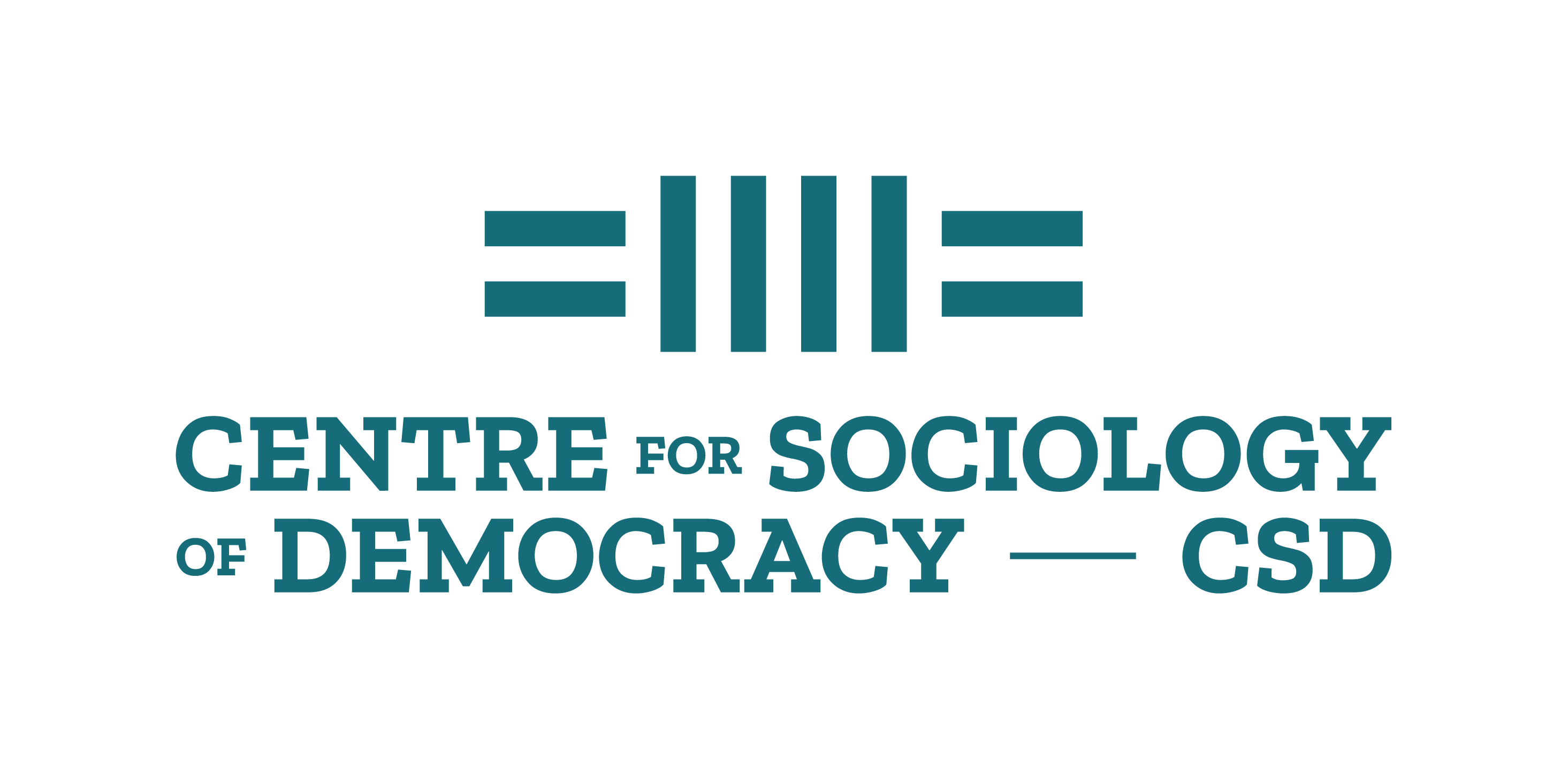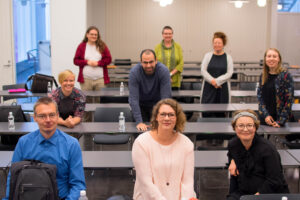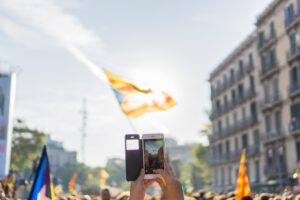
The Centre for Sociology of Democracy studies democracy in modern societies. Our projects deal with democracy from different perspectives and with different methods.
»
Recent News & Blog Posts
The Educação, Sociedade & Culturas journal (ESC – Education, Society and Cultures) has released a call for papers for a special issue to be published in 2022, “Education and Climate Activism: Youth democratic practices and imaginations towards a common world” with guest editors Carla Malafaia (ImagiDem, University of Porto), Maria Fernandes-Jesus (University of Sussex) and Eeva Luhtakallio (ImagiDem, University of Helsinki).
The book is the result of a co-writing process between Karine Clement of ImagiDem and dozens of yellow vests from the roundabout of Saint-Avold, where she has conducted her fieldwork since November 2018.
Demokratia ei ole yksilölaji, vaikka kaikilla äänestäjillä onkin vain yksi ääni. Yhdysvaltain presidentinvaalien tulokseen iso vaikutus oli myös kansalaistoiminnalla, kuten Black Lives Matter -mielenosoituksilla ja vapaaehtoisilla, jotka auttoivat ihmisiä rekisteröitymään äänestäjiksi.
ImagiDem’s PI Professor Eeva Luhtakallio discussed images as tools of political participation and topical environmental activism in Finland in YLE Politiikkaradio podcast.
On 24 September 2020 ImagiDem’s kick-off seminar discussed how the increasing emphasis on visual forms of communication affects young people’s societal participation and the way in which they construct democracy. The seminar featured short presentations of visual participation from three European countries: France, Finland and Portugal. The event was streamed online.
The planned Masterclass on visual analysis at the University of Helsinki has been postponed.
Tapahtuma siirtyy järjestettäväksi myöhemmin.
The event has been postponed. The new date and venue will be announced later.
Countermedia are partisan media that oppose conventional media and the establishment.
Snap-along ethnography: Studying visual politicization in the social media age
In their article, Luhtakallio and Meriluoto argue that two significant shifts, namely, the blurring of lives offline and online and the increasing significance of the visual character of these lives, pose new challenges to social science research methods.

In this article, we argue that two significant shifts, namely, the blurring of lives offline and online and the increasing significance of the visual character of these lives, pose new challenges to social science research methods. We propose the application of snap-along ethnography to address these challenges. Snap-along ethnography is an ethnographic method with three core features: (1) participant observation conducted simultaneously offline and online, (2) a concomitant analytical focus on the act of taking, sharing, posting and commenting on images and the content of the images taken, and (3) a research design that builds on the participants’ own, spontaneous and self-originating actions of taking images. We illustrate the application and benefits of the method with examples from an ongoing research on young people’s visual forms of political action.
The article is published open access and is available here.









The actions of Extinction Rebellion Finland showcase new visual forms of politicisation
Images play an increasingly large role in social participation. Protests, demands and even entire processes of politicisation may take a purely visual form. In this text, we analyse paired photographs that went viral immediately after the civil disobedience actions of Extinction Rebellion Finland as a form of politicisation. Images are a powerful means of communication – indeed, it is revealing that the social commentary in Finland has revolved intensely around a handful of smartphone snapshots.